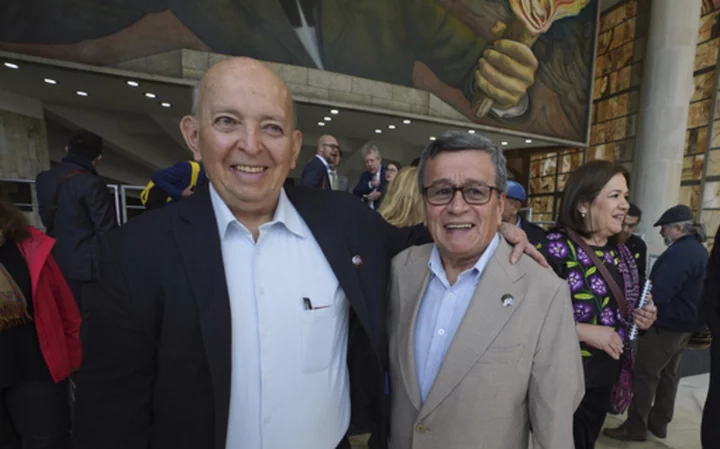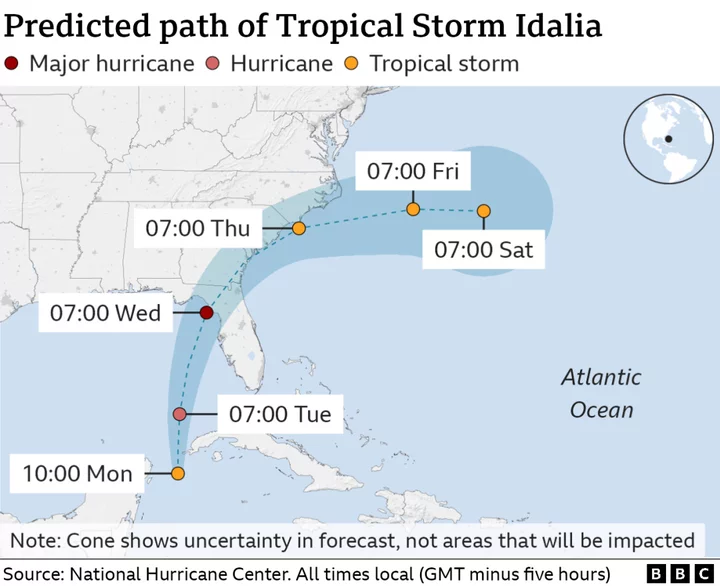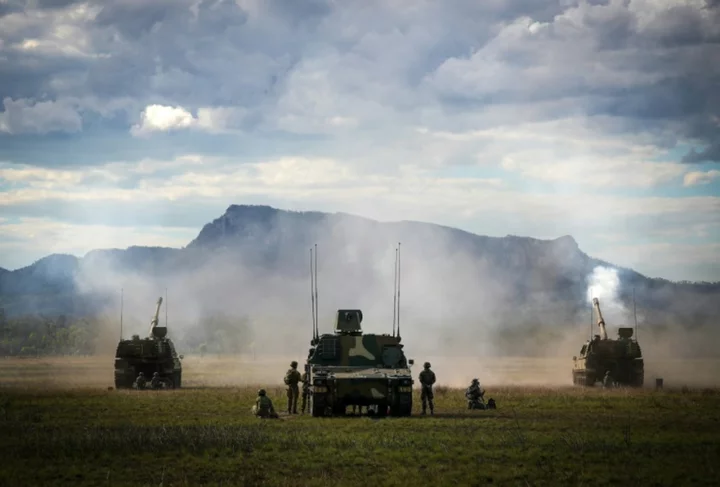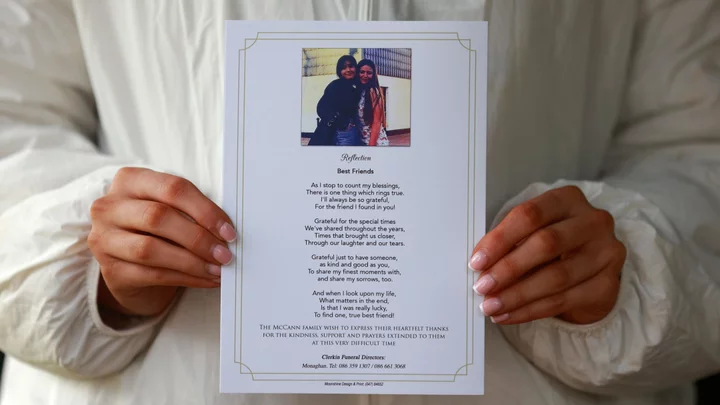BOGOTA, Colombia (AP) — Colombia and the National Liberation Army, or ELN, formally began a six-month cease-fire Thursday as part of a process to forge a permanent peace between the government and the country’s last remaining rebel group.
The cease-fire agreement, announced June 9 during talks in Havana, comes amid skepticism among some Colombians that the peace process can fully end an insurgency dating back to the 1960s or halt the alleged involvement of the group's estimated 5,000 remaining members in drug trafficking. The ELN leadership denies involvement in the drug trade.
The agreement also called for the creation of a broadly representative national committee to discuss a lasting solution to the conflict. The first meeting of the National Participation Committee was scheduled for later Thursday.
The cease-fire is supposed to suspend attacks between the guerrillas and the Colombian police and military throughout the country, and can be extended next January if progress is made during peace negotiations.
As recently as last month, guerrillas were blamed for the slayings of three Colombian police officers on the border with Venezuela, the kidnapping of an army sergeant and her two minor children and several bombings.
The U.N. has announced it will deploy a contingent of 68 observers to monitor the cease-fire.
Colombian President Gustavo Petro, who was sworn in last year as the country's first leftist leader, gave new momentum to the country's peace efforts, and he reached the latest accord with top guerrilla commander Antonio García during the talks in the Cuban capital in June.
Petro has pushed for what he calls a “total peace” that would demobilize all of the country’s remaining rebel groups as well as its drug trafficking gangs. He has questioned whether senior ELN leaders have full control of a younger generation of commanders who he has suggested are focused more on the illegal drug trade than on political goals.
Two factions of the ELN — the National Urban War Front and the Northern War Front — announced their endorsement of the cease-fire in the hours before it went into effect, saying they would abide by orders of top leader García to comply with its terms.
The ELN leader warned, however, that the group reserves the right to fight if attacked.
The ELN was founded in the 1960s by union leaders, students and priests inspired by the Cuban revolution. It has been notoriously difficult for previous Colombian governments to negotiate with.
In 2016, Colombia’s government signed a peace deal with the larger FARC group that ended five decades of conflict in which an estimated 260,000 people were killed.
But violence has continued to affect rural pockets of the country where the ELN has been active, along with FARC holdout groups and drug trafficking gangs.









